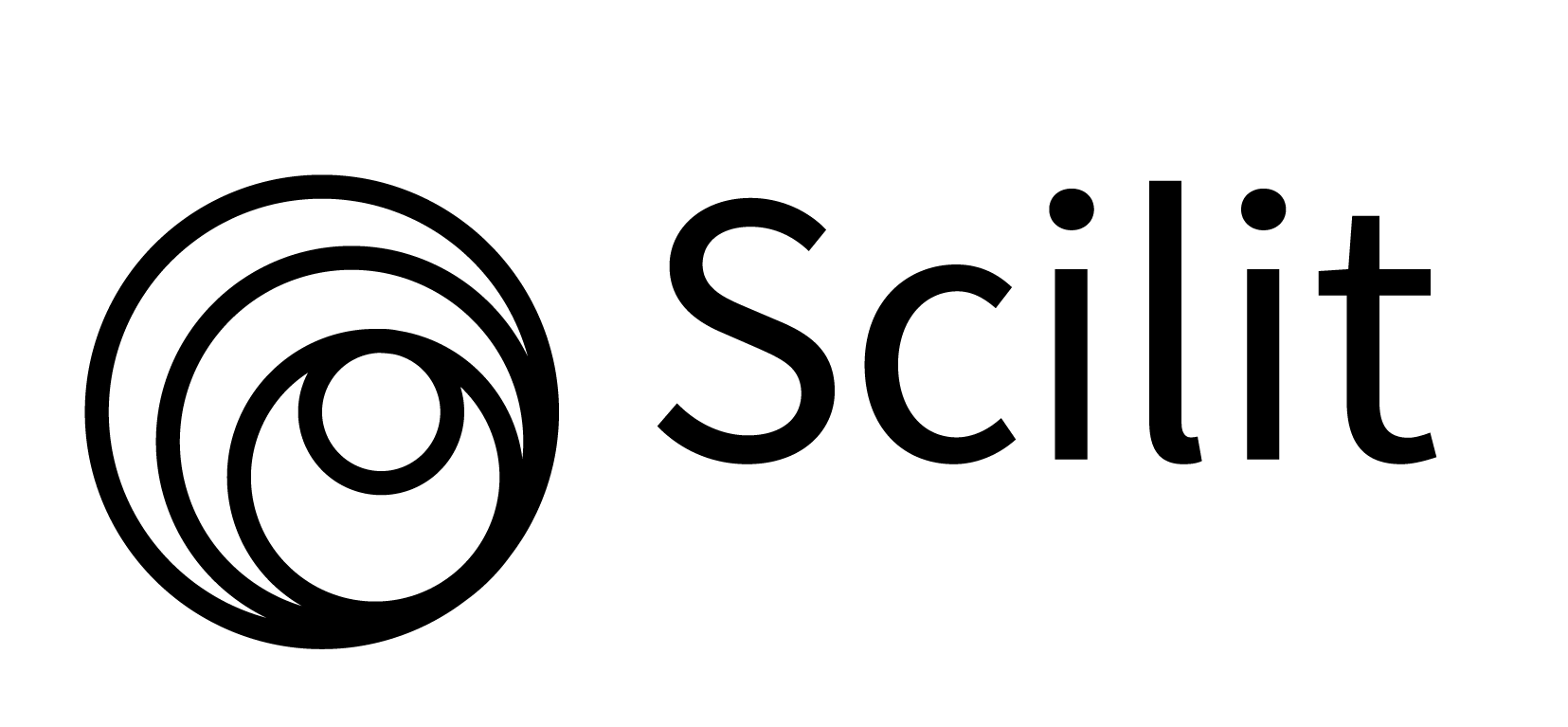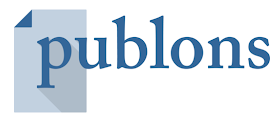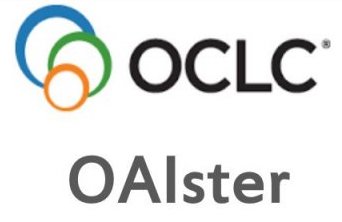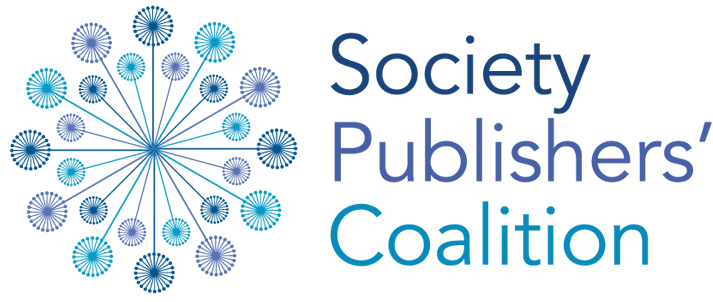Ethical Guideline for Journal Publication
The publication of an article in the peer-reviewed International Journal of Cyber Forensics and Advanced Threat Investigations (CFATI) is an essential building block in the development of a coherent and respected network of knowledge. It is a direct reflection of the quality of the work of the authors and the institutions that support them. Peer-reviewed articles support and embody the scientific method. It is therefore important to agree upon standards of expected ethical behavior for all parties involved in the act of publishing: the authors, the journal editors, the peer reviewers, the publisher, and the society.
Concept Tech Publishing as the publisher of the Journal takes its duties of guardianship over all stages of publishing extremely seriously and we recognize our ethical and other responsibilities. We are committed to ensuring that advertising, reprint or other commercial revenue has no impact or influence on editorial decisions. In addition, Concept Tech Publishing and the Editorial Board will assist in communications with other journals and/or publishers where this is useful and necessary.
Publication Decisions
The editors of the journal are responsible for deciding which of the articles submitted to the journal should be published. The validation of the work in question and its importance to researchers and readers must always drive such decisions. The editors may be guided by the policies of the journal's editorial board and constrained by such legal requirements as shall then be in force regarding libel, copyright infringement and plagiarism. The editors may confer with other editors or reviewers in making this decision.
Fair Play
An editor at any time evaluates manuscripts for their intellectual content without regard to race, gender, sexual orientation, religious belief, ethnic origin, citizenship, or political philosophy of the authors.
Confidentiality
The editor and any editorial staff must not disclose any information about a submitted manuscript to anyone other than the corresponding author, reviewers, potential reviewers, other editorial advisers, and the publisher, as appropriate.
Disclosure and Conflicts of Interest
Unpublished materials disclosed in a submitted manuscript must not be used in an editor's own research without the express written consent of the author. Additionally, the Editors and reviewers should decline to be involved with a submission when they:
- Have a recent publication or current submission with any author
- Share or recently shared an affiliation with any author
- Collaborate or recently collaborated with any author
- Have a close personal connection to any author
- Have a financial interest in the subject of the work
- Feel unable to be objective
Reviewers must declare any remaining interests in the ‘Confidential’ section of the review form, which will be considered by the editor. Editors and reviewers must declare if they have previously discussed the manuscript with the authors.
Duties of Reviewers
Contribution to Editorial Decisions
Peer review assists the editor in making editorial decisions and through the editorial communications with the author may also assist the author in improving the article.
Promptness
Any selected referee who feels unqualified to review the research reported in a manuscript or knows that its prompt review will be impossible should notify the editor and excuse himself from the review process.
Confidentiality
Any manuscripts received for review must be treated as confidential documents. They must not be shown to or discussed with others except as authorized by the editor.
Standards of Objectivity
Reviews should be conducted objectively. Personal criticism of the author is inappropriate. Referees should express their views clearly with supporting arguments.
Acknowledgment of Sources
Reviewers should identify relevant published work that has not been cited by the authors. Any statement that an observation, derivation, or argument had been previously reported should be accompanied by the relevant citation. A reviewer should also call to the editor's attention any substantial similarity or overlap between the manuscript under consideration and any other published article of which they have personal knowledge.
Disclosure and Conflict of Interest
Privileged information or ideas obtained through peer review must be kept confidential and not used for personal advantage. Reviewers should not consider manuscripts in which they have conflicts of interest resulting from competitive, collaborative, or other relationships or connections with any of the authors, companies, or institutions connected to the articles.
Duties of Authors
Reporting Standards
Authors of reports of original research should present an accurate account of the work performed as well as an objective discussion of its significance. Underlying data should be represented accurately in the article. An article should contain sufficient detail and references to permit others to replicate the work. Fraudulent or knowingly inaccurate statements constitute unethical behavior and are unacceptable.
Data Access and Retention
Authors are asked to provide the raw data in connection with an article for editorial review, and should be prepared to provide public access to such data (consistent with the ALPSP-STM Statement on Data and Databases), if practicable, and should, in any event, be prepared to retain such data for a reasonable time after publication.
Originality and Plagiarism
The authors should ensure that they have written entirely original works, and if the authors have used the work and/or words of others that this has been appropriately cited or quoted.
Multiple, Redundant or Concurrent Publication
An author should not, in general, publish manuscripts describing essentially the same research in more than one journal or primary publication. Submitting the same manuscript to more than one journal concurrently constitutes unethical publishing behavior and is unacceptable.
Citation Manipulation
Submitted manuscripts that are found to include citations whose primary purpose is to increase the number of citations to a given author’s work, or to articles published in a particular journal, will constitute unethical publishing behavior and is unacceptable.
Data Fabrication and Falsification
Submitted manuscripts that are found to have either fabricated or falsified experimental results, including the manipulation of images, will constitute unethical publishing behavior and is unacceptable.
Acknowledgment of Sources
Proper acknowledgment of the work of others must always be given. Authors should cite publications that have been influential in determining the nature of the reported work.
Authorship of the Article
Authorship should be limited to those who have made a significant contribution to the conception, design, execution, or interpretation of the reported study. All those who have made significant contributions should be listed as co-authors. Where there are others who have participated in certain substantive aspects of the research project, they should be acknowledged or listed as contributors. The corresponding author should ensure that all appropriate co-authors and no inappropriate co-authors are included in the article and that all co-authors have seen and approved the final version of the article and have agreed to its submission for publication.
Hazards and Human or Animal Subjects
If the work involves chemicals, procedures, or equipment that have any unusual hazards inherent in their use, the author must clearly identify these in the manuscript.
Disclosure and Conflicts of Interest
Conflicts of interest (COIs, also known as ‘competing interests’) occur when issues outside research could be reasonably perceived to affect the neutrality or objectivity of the work or its assessment. Potential conflicts of interest must be declared – whether or not they actually had an influence – to allow informed decisions. In most cases, this declaration will not stop work from being published nor will it always prevent someone from being involved in a review process.
All authors must declare all potential interests in a ‘Conflicts of interest’ section, which should explain why the interest may be a conflict. If there are none, the authors should state “The author(s) declare(s) that there is no conflict of interest regarding the publication of this manuscript.” Submitting authors are responsible for co-authors declaring their interests.
All authors should disclose in their manuscript any financial or other substantive conflicts of interest that might be construed to influence the results or interpretation of their manuscript. All sources of financial support for the work should be disclosed. All funding, whether a conflict or not, must be declared in the ‘Acknowledgments’. The involvement of anyone other than the authors who 1) has an interest in the outcome of the work; 2) is affiliated to an organization with such an interest; or 3) was employed or paid by a funder, in the commissioning, conception, planning, design, conduct, or analysis of the work, the preparation or editing of the manuscript or the decision to publish must be declared.
Declared conflicts of interest will be considered by the editor and reviewers and included in the published article. If unsure, declare a potential interest or discuss with the editorial office. Undeclared interests may incur sanctions. Submissions with undeclared conflicts that are later revealed may be rejected. Published articles may need to be re-assessed, have a corrigendum published, or in serious cases be retracted. Conflicts include:
- Financial – funding and other payments, goods and services received or expected by the authors relating to the subject of the work or from an organization with an interest in the outcome of the work
- Affiliations – being employed by, on the advisory board for, or a member of an organization with an interest in the outcome of the work
- Intellectual property – patents or trademarks owned by someone or their organization
- Personal – friends, family, relationships, and other close personal connections
- Ideology – beliefs or activism, e.g. political or religious, relevant to the work
- Academic – competitors or someone whose work is critiqued
Fundamental Errors in Published works
When an author discovers a significant error or inaccuracy in his/her own published work, it is the author’s obligation to promptly notify the journal editor or publisher and cooperate with the editor to retract or correct the article.















